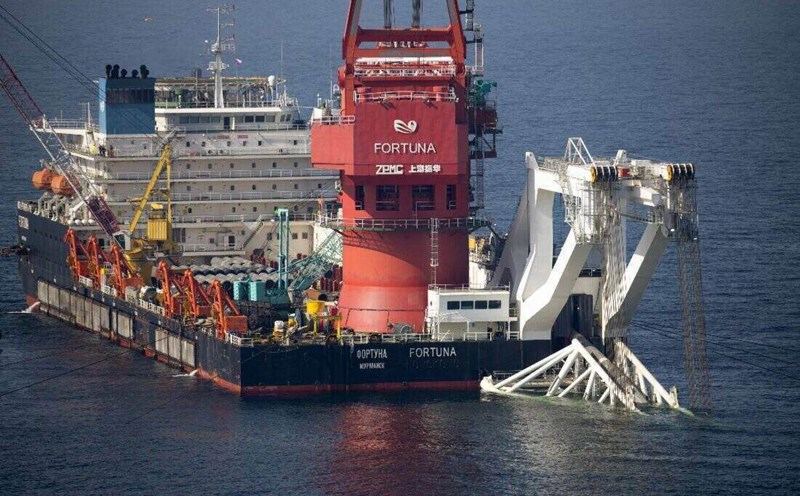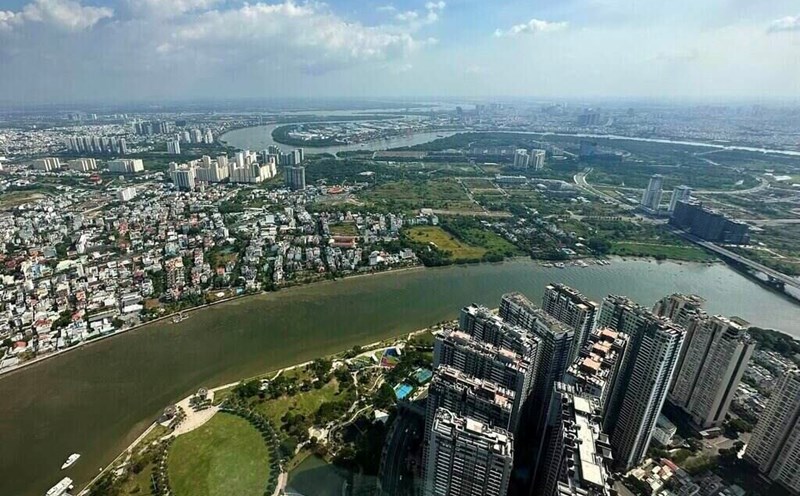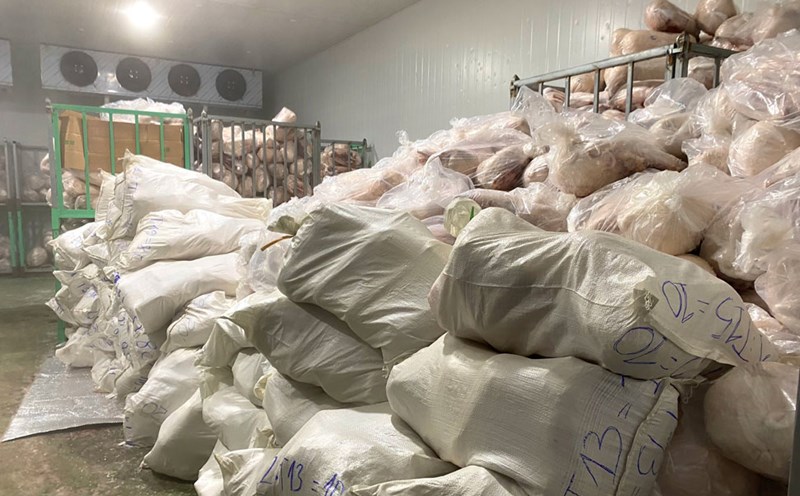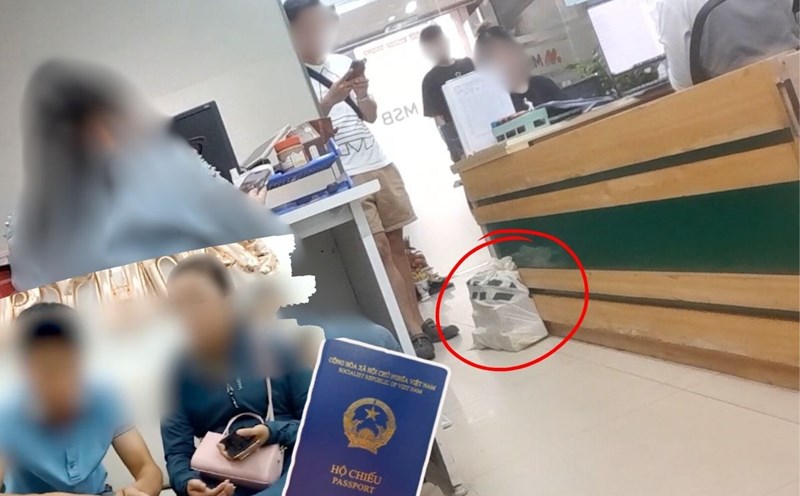Located on the EU border, Turkey has long served as a transit point for Russian gas to Europe. However, this position is at risk of being threatened when the EU recently proposed to completely stop Russian gas by the end of 2027.
To implement this plan, the EU wants to impose additional monitoring requirements to better assess how and where Russian gas will enter the bloc. The EU needs information from key transit countries such as Turkey and Ankara that do not seem to care much about this.
Turkey's Foreign Ministry said it " purely implements sanctions approved by the UN Security Council".
"Türkiye's reluctance to comply with EU supervision regulations could lead to challenges in effectively implementing regulations, especially as Turkey increasingly plays a potential transit and gas hub for Russian gas," noted Ville Niinisto, a member of the European Parliament under the Green Party, former Minister of the Environment of Finland.
Tracking the origin of gas flows is extremely difficult for the EU because there are few methods to check the composition of gas blocks. Meanwhile, gas supply contracts are secured and gas is transported through many intermediaries before reaching customers. The EUs proposed law also does not place any legal obligations on Turkey, a non-EU country.
Not all contracts clearly show the origin of the gas, EU companies may need to ask Turkey partners for more information if they want to continue importing gas, said senior energy analyst and gas market expert Aura Sabadus of consulting firm ICIS.
This is especially true of the Strandzha - Malkoclar cross-border gas transit point connecting Turkey with Bulgaria, Aura Sabadus explained.
Under a complex agreement signed in 2023, Bulgarian energy company Bulgargaz can place shipments of liquefied natural gas (LNG) to Turkish ports. The LNG was then delivered to the Turkish state-owned company Botas before being returned to Bulgargaz at the border.
The problem is "we don't know if the amount of gas being transported to Bulgaria is the same as the amount of gas going to Turkish ports," Sabadus said, noting that the EU cannot be sure whether it will be mixed with other sources.
Because the price of Russian gas is relatively cheap, there is a high risk that part of that gas comes from Russia. A similar scenario is also likely for the Kipi gas pipeline connecting Greece and Turkey.
Last year, the EU imported 1.9 billion cubic metres of gas via these two systems and this figure could increase to 5.4 billion cubic metres, Aura Sabadus warned. Although this figure is much smaller than the 150 billion cubic meters of Russian gas previously exported to the EU, it still accounts for a fifth of the total amount of pipeline gas imported by the EU from Russia last year.
With these loopholes, these two gas transportation systems certainly need to be included in EU legal proposals and should be considered as high-risk locations.











